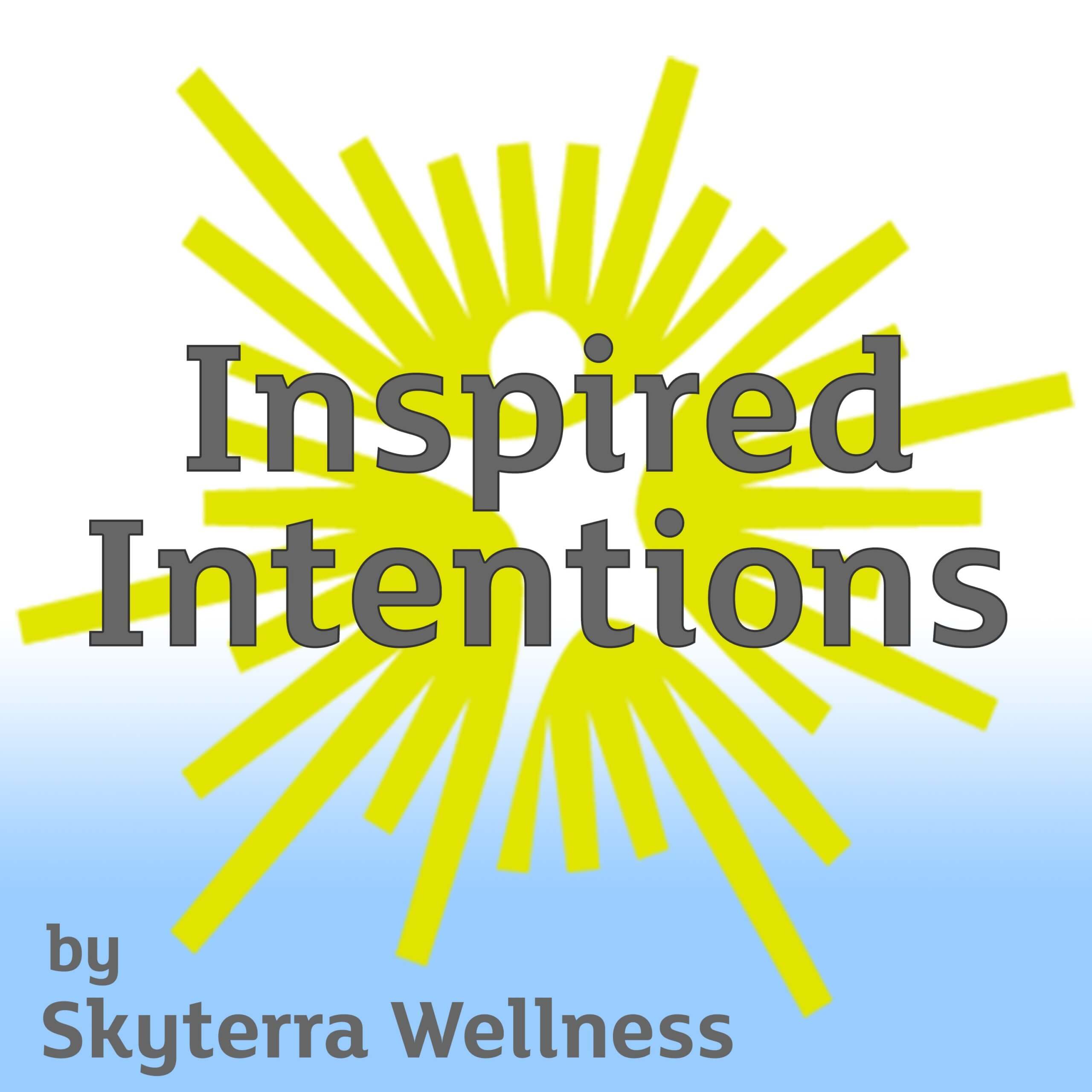‘Tis the season for food, family, friends and celebrations. It’s also the season for holiday cheer, extravagant parties, endless snacks, cocktails galore and gift tins full of treats.
Many of us feel stressed at this time of year, finding it difficult to navigate copious amounts of food while trying to improve our health. Additionally, some may find that the holiday season is so stressful that it sparks the cycle of binge eating, compulsive eating, emotional eating and more.
The reality check: holiday eating serves an important purpose
Here’s a reality check for you. The reality is the traditional holiday season happens during the fall and winter months. During this time our bodies need additional warmth as the colder weather sets in and the days shorten. We naturally seek the warmth of the indoors and crave comfort and cozy types of foods. Weight gain, from a historical and human perspective, is normal and natural during the late fall and winter.
Hypothetically, as the weather eventually gets warmer and the days lengthen, we would start to spend more time outdoors, integrate more activity and movement, and eat foods that are lighter and less dense. The weight gain that occurs during the late fall and winter would then come off during the warmer spring and summer months.
Unfortunately, our culture and society tends to ignore these natural adaptations. The reality check part two is that the average American only gains two to three pounds during the holiday season. It isn’t the feared 10 to 15 pounds.
The tricky part is that those who gain two to three pounds do not lose them in the long-term. With this being said, our natural weight fluctuations throughout the year aren’t necessary considered normal in today’s culture.
How to navigate holiday eating
There is no doubt the holidays and winter months can feel stressful, and the food scene can be difficult. Family gatherings and parties can be simultaneously joyful and stressful. To help, the strategies below can help you cope differently during this busy time.
Go into this year with a new headspace. Pick one or two strategies below and let them play out. Explore what works and what doesn’t. If you’re very overwhelmed, check out Skyterra at Home and do some meditation or breath work to set the tone for the day.
Tip No. 1: Prioritize your sleep and self care.
This is the perfect time of year to get more or higher quality sleep. The days are shorter and we naturally spend more time in the dark. Use this to your advantage by getting to bed earlier, which could result in an extra 30 or 60 minutes of sleep per night.
In addition, take intentional time by soaking in warm baths before bed, relaxing in a robe with a cup of hot tea after dinner, or read a book you’ve been putting off for months.
Tip No. 2: Practice consistent eating times.
If you find yourself scheduled from one event to the next, then eating at regular times throughout the day could pose a challenge. Why is this important to address? The longer we go without a balanced meal, the more likely we are to overeat at night, be more hungry before a holiday party, and be at greater risk for binge eating.
Aim to eat breakfast daily. Nothing great happens when breakfast is skipped. Avoid skipping lunch and be sure to plan ahead as this mid-day meal tends to get lost within the busy-ness of this time of year. Consider having an afternoon snack so your last meal of the day isn’t a free-for-all.
Tip No. 3: Create boundaries around alcohol.
Roughly 16 percent of Americans report drinking more over the holidays than usual. In addition, more than 20 percent of Americans feel pressured to drink at parties. Consuming too much alcohol in a short time span can easily disrupt sleep, decision making, and our energy levels the following day.
For women, consuming more than one to two drinks per hour can promote poor sleep as well as not being able to metabolize other food as efficiently. For men, this would be two to three drinks within an hour.
To set boundaries, think about a game plan before you attend parties and other environments when alcohol is available. Avoid drinking three hours before bed, drink water in between drinks, pour your own drinks when possible and advocate for yourself when you feel pressured.
Tip No. 4: Seek and use supportive food resources.
Now is the perfect time to find help with your main meals and snacks. Use an online or local resource to help with your breakfast, lunch or dinner. Yes, this could entail a meal delivery service.
There are tons of places popping up across the country and they are helping millions for a reason. It can take temporary stress off what you are going to eat for the week and you can always go back to cooking more once the season slows down.
Tip No. 5: Use this as a time of year to integrate more mindful eating.
This is the season when baked goods, comfort foods, desserts, chocolates and more are highlighted among parties and gatherings. There is nothing inherently wrong with this; however, it can pose challenges for some.
Use these situations as an opportunity to slow down and savor whatever it is you are eating. Instead of shoveling the dessert down, really taste it and put the fork down in between bites. Instead of standing by the crackers and cheese dip, create a small plate and portion it yourself. Instead of going back for seconds, take your time with your first plate and question how full and satisfied you are.
These mindful eating practices can then catapult you into new habits — a holiday win!
Happy holidays from all of us at Skyterra!








